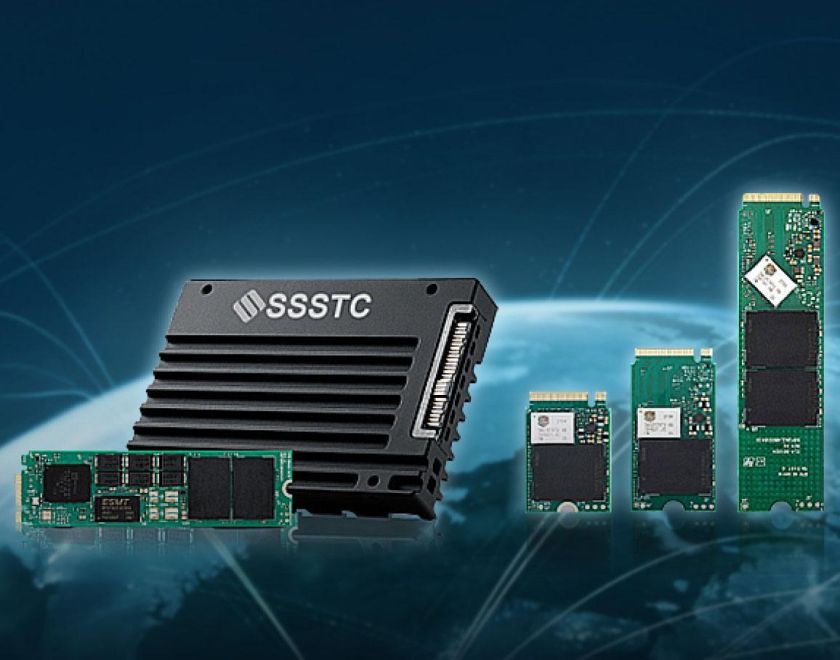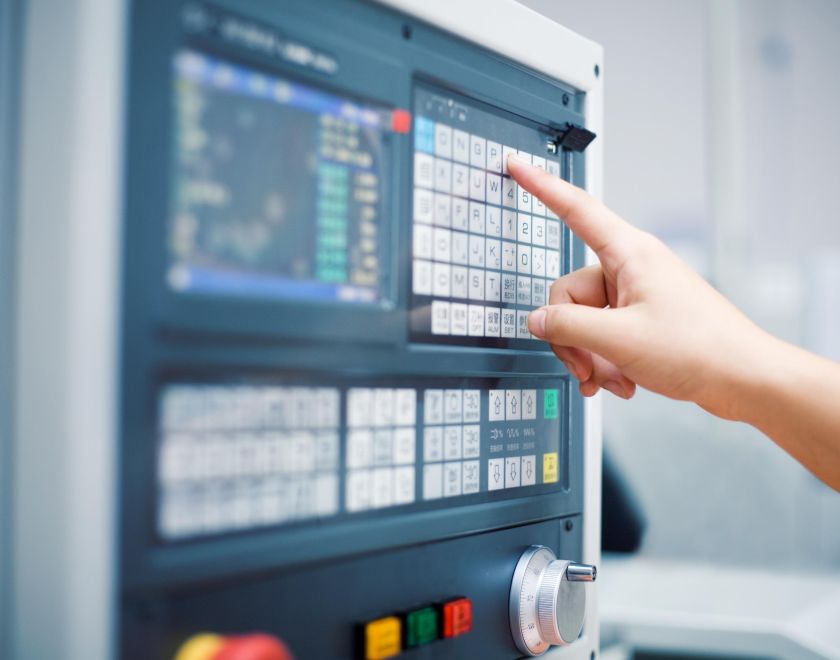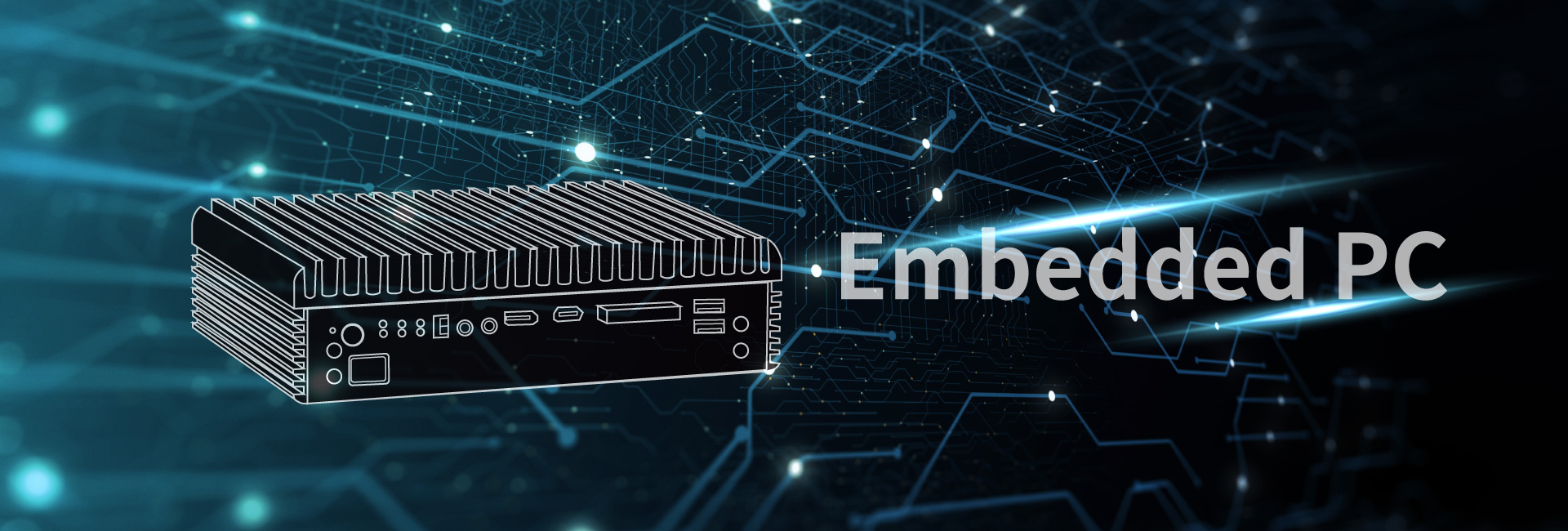
Embedded PC
Embedded PCs are the miniaturized industrial PCs embedded in the machinery commonly used for high-performance control, monitoring, or assistance to the machinery and equipment operation with specific functions and real-time computing performance. The embedded PC is usually a part of a major system to process the specific system needs, much like the train pilot system is processing the “piloting” function for the train operation, complemented by various electrical equipment, to facilitate proper train operation.
As opposed to the standard multitasking PCs, the embedded PCs are application-based specific computing systems designed for particular applications, usually tasked with executing a pre-set application; therefore, the embedded PCs are modularized design to address design schedule and cost. The common method is to embed the processor and memory on a circuit board to form the Computer-on-Module (CoM) mounted on a carrier board as the carrier board provides power and I/O ports connecting to peripheral equipment. The engineers only need to focus on carrier board design and then select the CoM of the suitable specifications for assembly. Should there be needs for product upgrades, the circuit board does not need to be re-designed but merely requires a module change to seamlessly upgrade a particular component or CPU. As industrial PCs encounter different I/O needs, depending on industries and sites, the most prominent benefits of adopting modular architecture are flexibility and expeditious development with seamless high-level inter-module integration.
As the fan axles and blades easily collect and accumulate dust or become defective, they are the components of the shortest lifespan in the PC systems. The embedded PCs must ensure the long-term stability of the equipment and machinery they are embedded into, so most embedded PCs are of the fanless variant, complemented by metal fins with excellent heat conductivity, thermal pad, and heat pipe for optimal cooling. Furthermore, the embedded PCs are required to be robust and durable while avoiding the incursions of dust, debris, and other small-particle objects to operate in a harsh environment or climate, so lightweight and high-strength alloy-metals are adopted for the casing material, even with fully tight-seal design.
Embedded PC Widespread Applications
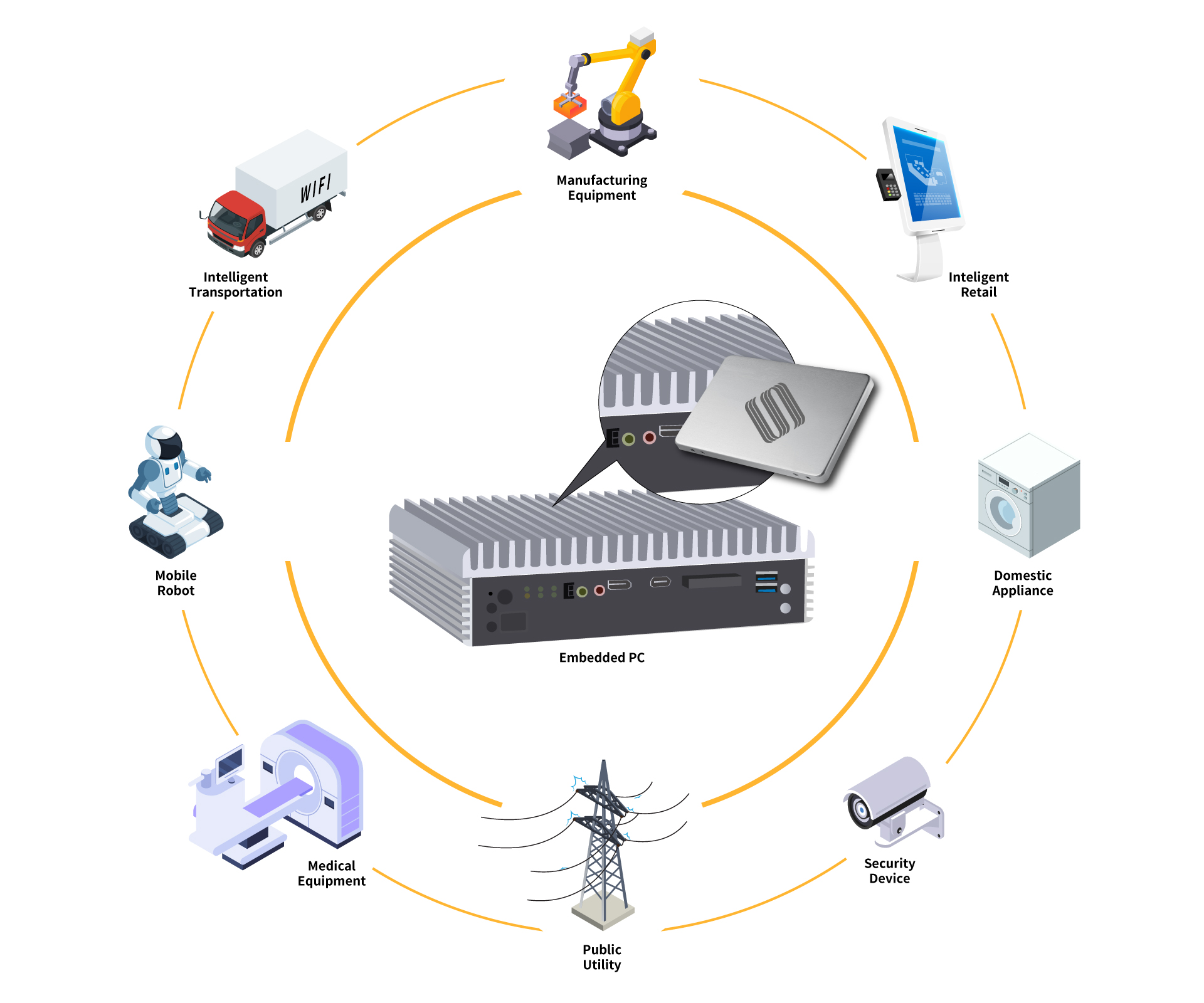
For the fully sealed, fanless embedded PCs, the temperature control and cooling are paramount in providing optimal system security to satisfy all kinds of demanding application needs in an industrial environment. The Wide Temp SSDs produced by Solid State Storage Technology Corporation feature temperature control function for overheat protection, with the coordinated “Temperature Sensors” and “Dynamic Temperature Control System” to monitor changes in SSD temperature through “S.M.A.R.T.” Once the overheat occurs, the temperature control mechanism is activated to maintain data security while reducing heat energy generation to allow SSDs to remain within safe temperature range without overheating due to high-performance usage. This mechanism would ensure the SSD temperature remain within the safe range to protect data integrity and equipment safety, as well as long-term operational stability.
Successful Case
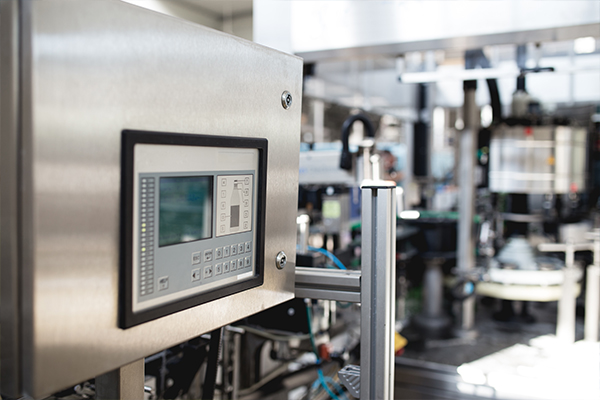
SATA 2.5” SSDs produced by Solid State Storage Technology Corporation have been widely featured in the embedded PCs of the world’s leading industrial PC manufacturers.
SSD Model: CV8 / CVB Series SATA 2.5-inch SSD
SATA SSD
40GB / 80GB / 160GB / 256GB / 320GB / 640GB
NAND Flash: 3D pSLC(TLC)
Interface: SATA 3 (6Gb/s)
Sequential Read: UP to 550 MB/s
Sequential Write: UP to 510 MB/s
SATA SSD
120GB / 128GB / 256GB / 480GB / 512GB / 960GB / 1024GB / 2048GB
NAND Flash: 3D TLC NAND Flash
Interface: SATA 3 (6Gb/s)
Sequential Read: UP to 550 MB/s
Sequential Write: UP to 510 MB/s
NVMe™ SSD
80GB / 160GB / 320GB
NAND Flash: 3D pSLC(TLC)
Interface: PCIe® Gen4 x4
Sequential Read: UP to 3700 MB/s
Sequential Write: UP to 2600 MB/s
NVMe™ SSD
40GB / 80GB / 160GB / 320GB / 640GB /1280GB
NAND Flash: 3D TLC NAND Flash
Interface: PCIe® Gen3 x4
Sequential Read: 3,100 MB/s
Sequential Write: 1,500 MB/s
NVMe™ SSD
40GB / 80GB / 160GB / 320GB / 640GB /1280GB
NAND Flash: 3D TLC NAND Flash
Interface: PCIe® Gen3 x4
Sequential Read: 3,100 MB/s
Sequential Write: 1,500 MB/s
NVMe™ SSD
80GB / 160GB / 320GB
NAND Flash: 3D TLC NAND Flash
Interface: PCIe® Gen4 x4
Sequential Read: UP to 3,500 MB/s
Sequential Write: UP to 2,100 MB/s
NVMe™ SSD
128GB / 256GB / 512GB / 1024GB / 2048GB /4096GB
NAND Flash: 3D TLC NAND Flash
Interface: PCIe® Gen3 x4
Sequential Read: 3,100 MB/s
Sequential Write: 1,500 MB/s
NVMe™ SSD
128GB / 256GB / 512GB / 1024GB / 2048GB /4096GB
NAND Flash: 3D TLC NAND Flash
Interface: PCIe® Gen3 x4
Sequential Read: 3,100 MB/s
Sequential Write: 1,500 MB/s
NVMe™ SSD
256GB / 512GB / 1024GB / 2048GB
NAND Flash: 3D TLC NAND Flash
Interface: PCIe® Gen4 x4
Sequential Read: UP to 6,800 MB/s
Sequential Write: UP to 4,800 MB/s
NVMe™ SSD
240GB / 256GB /480GB/ 512GB / 960GB/ 1024GB
NAND Flash: 3D TLC NAND Flash
Interface: PCIe® Gen4 x4
Sequential Read: UP to 3,700 MB/s
Sequential Write: UP to 2,600 MB/s
NVMe™ SSD
256GB / 512GB / 1024GB
NAND Flash: 3D TLC NAND Flash
Interface: PCIe® Gen4 x4
Sequential Read: UP to 3,700 MB/s
Sequential Write: UP to 2,600 MB/s
NVMe™ SSD
128GB / 256GB / 512GB
NAND Flash: 3D TLC NAND Flash
Interface: PCIe® Gen3 x4
Sequential Read: UP to 2,000 MB/s
Sequential Write: UP to 1,100 MB/s
NVMe™ SSD
128GB / 256GB / 512GB/ 1024GB
NAND Flash: 3D TLC NAND Flash
Interface: PCIe® Gen3 x4
Sequential Read: UP to 2,000 MB/s
Sequential Write: UP to 1,100 MB/s
NVMe™ SSD
128GB / 256GB / 512GB
NAND Flash: 3D TLC NAND Flash
Interface: PCIe® Gen3 x4
Sequential Read: UP to 3,700 MB/s
Sequential Write: UP to 2,600 MB/s
SATA SSD
128GB / 256GB / 512GB / 1024GB
NAND Flash: 3D TLC NAND Flash
Interface: SATA 3 (6Gb/s)
Sequential Read: UP to 550 MB/s
Sequential Write: UP to 510 MB/s
SATA SSD
128GB / 256GB / 512GB
NAND Flash: 3D TLC NAND flash
Interface: SATA 3 (6Gb/s)
Sequential Read: UP to 550 MB/s
Sequential Write: UP to 450 MB/s
SATA SSD
128GB / 256GB / 512GB
NAND Flash: 3D TLC NAND Flash
Interface: SATA 3 (6Gb/s)
Sequential Read: UP to 550 MB/s
Sequential Write: UP to 450 MB/s
NVMe™ SSD
128GB / 256GB / 512GB
NAND Flash: 3D TLC NAND Flash
Interface: PCIe® Gen3 x4
Sequential Read: UP to 2,000 MB/s
Sequential Write: UP to 1,100 MB/s
SATA
128GB / 256GB / 512GB / 1024GB
NAND Flash: 3D TLC NAND Flash
Interface: SATA 3 (6Gb/s)
Sequential Read: UP to 550 MB/s
Sequential Write: UP to 510 MB/s
SATA SSD
128GB / 256GB / 512GB / 1024GB / 2048GB
NAND Flash: 3D TLC NAND Flash
Interface: SATA 3 (6Gb/s)
Sequential Read: UP to 550 MB/s
Sequential Write: UP to 510 MB/s
SATA SSD
128G / 256GB / 512GB / 1024GB / 2048GB
NAND Flash: 3D TLC NAND Flash
Interface: SATA 3 (6Gb/s)
Sequential Read: UP to 550 MB/s
Sequential Write: UP to 510 MB/s








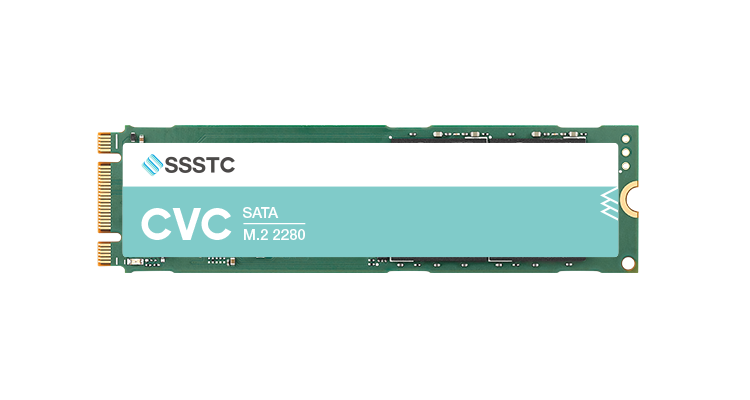

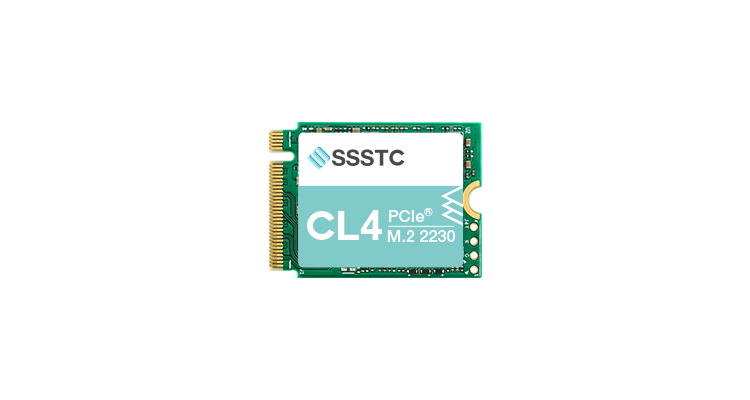
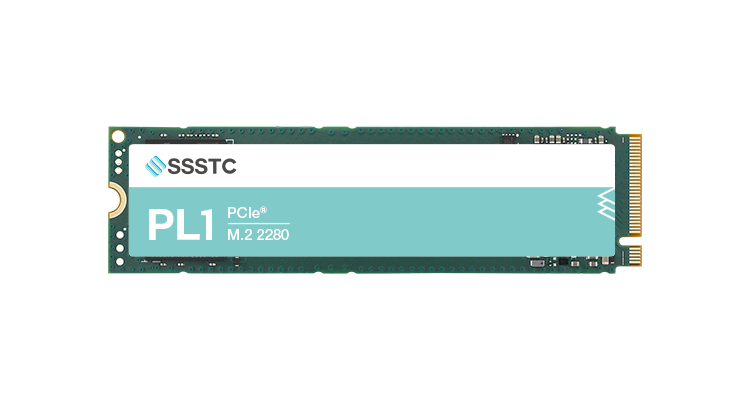
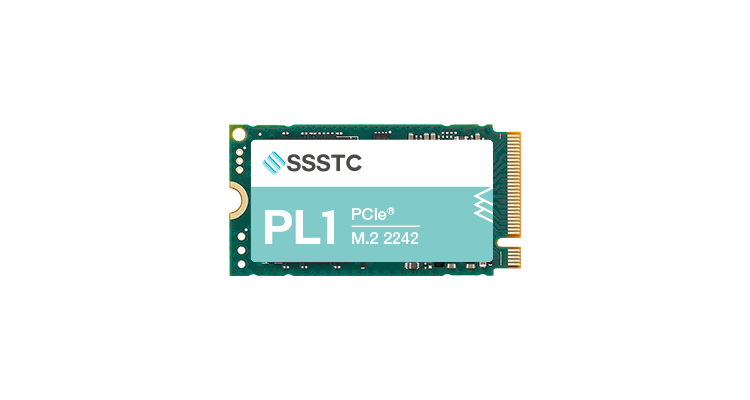
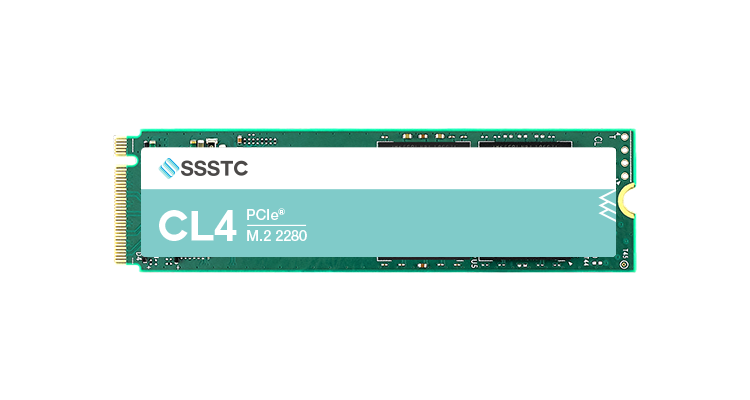
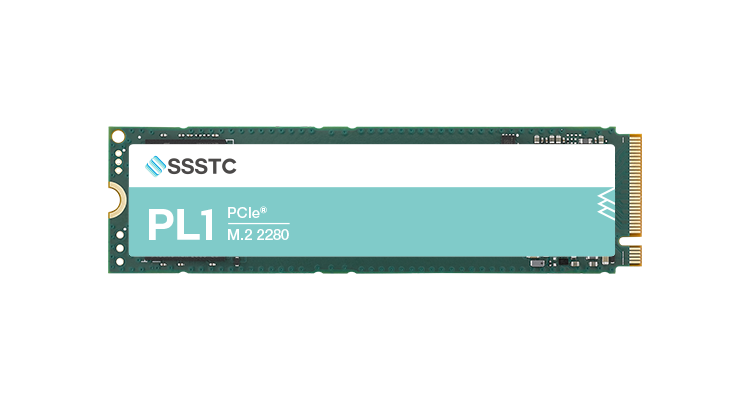
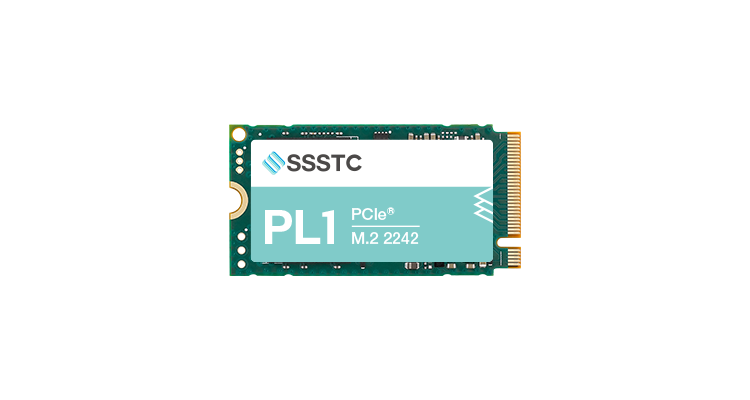
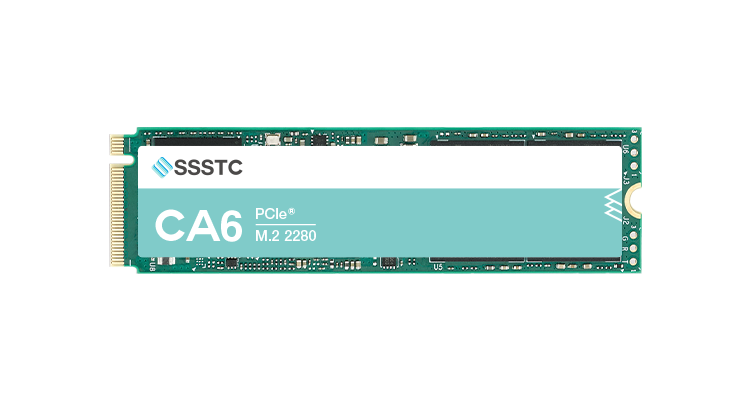
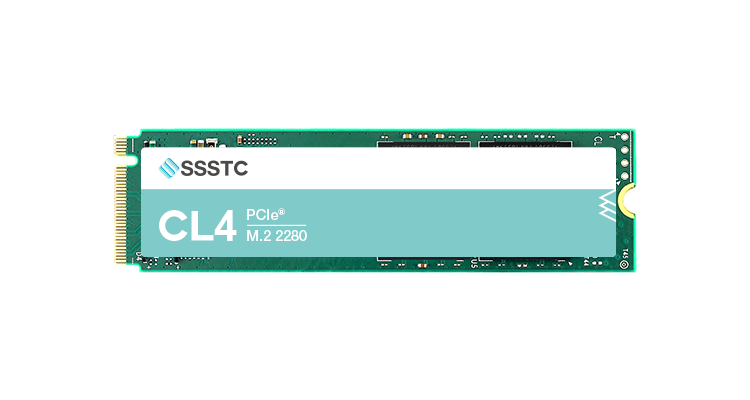
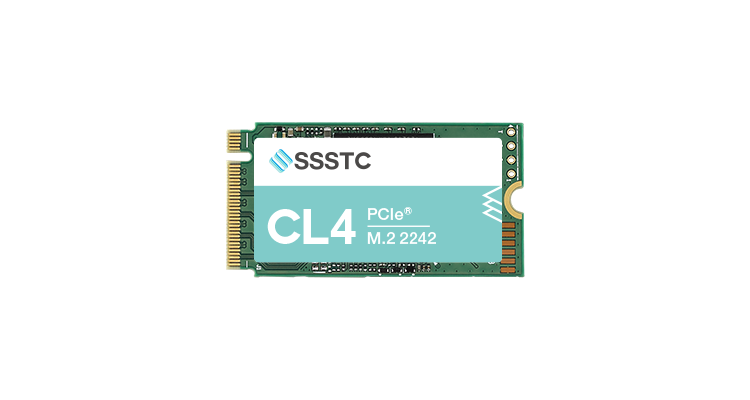
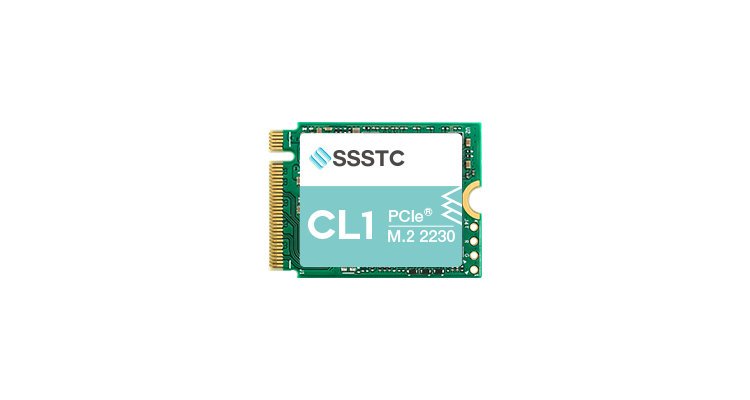
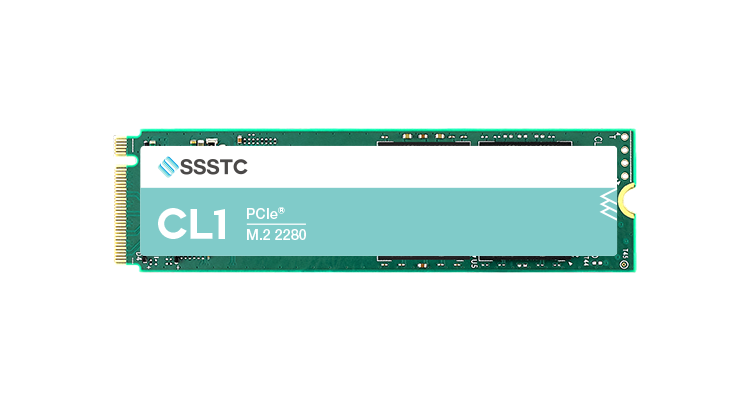
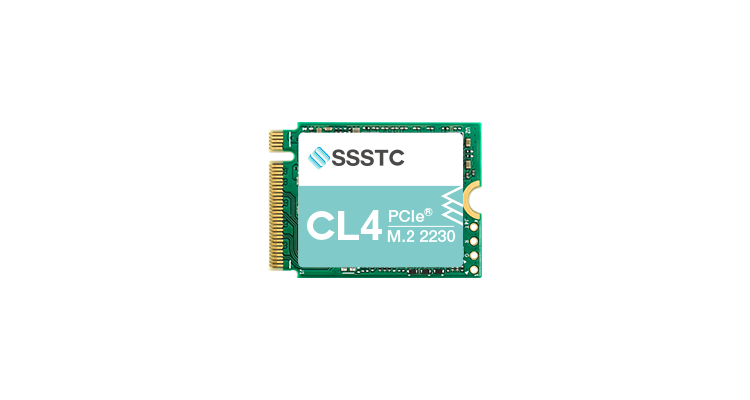


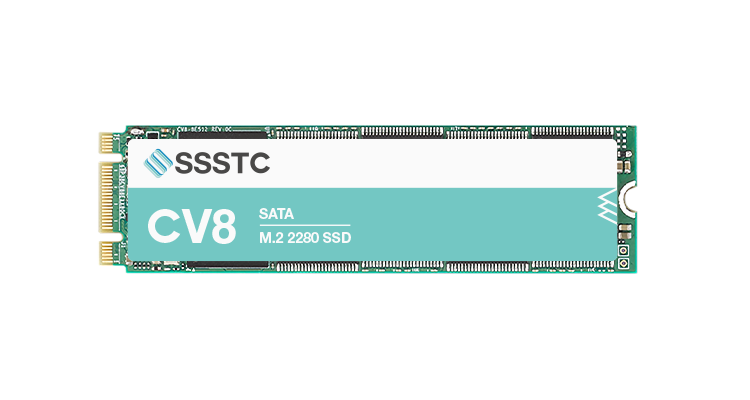
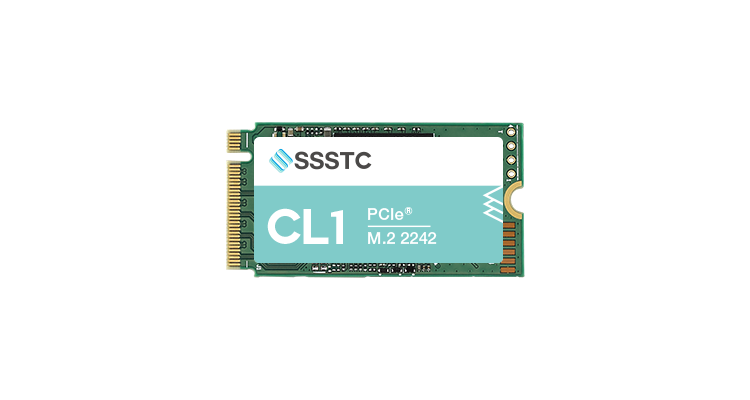
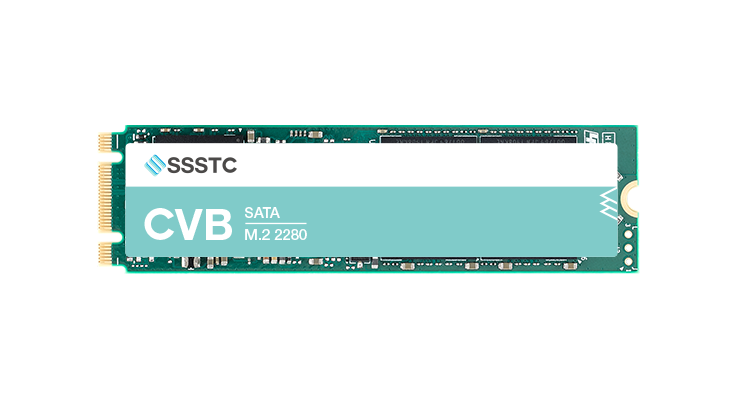
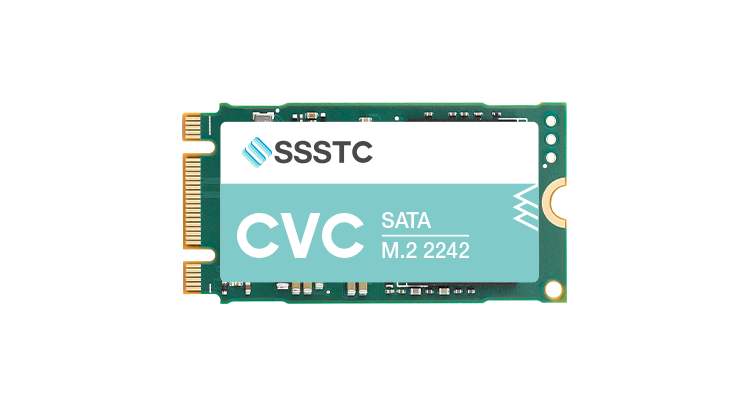
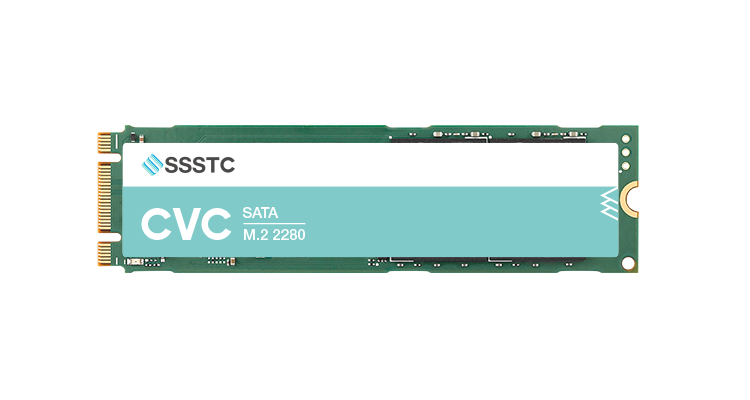
__24C15hqqtC.png)
__24C15wOdCC.png)

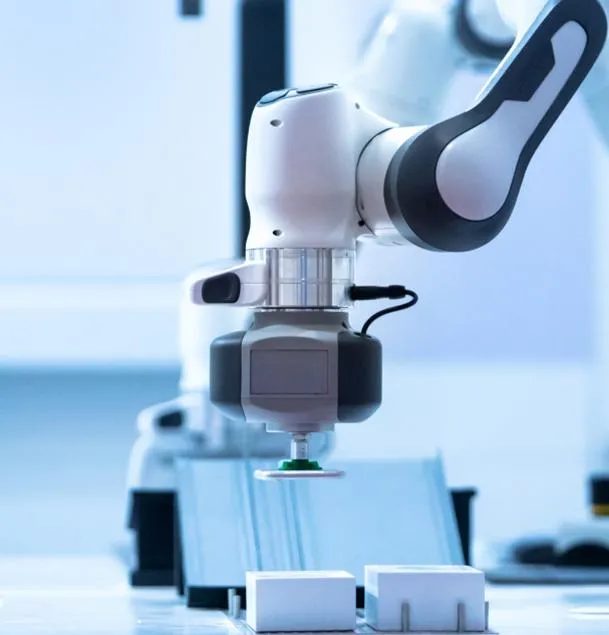







__24C05XQ2my.jpg)



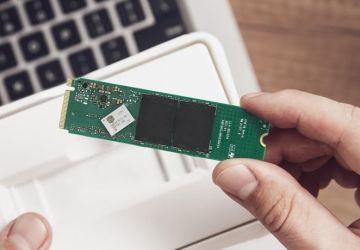



__24C05fplcZ.png)
__24C05vgHYC.png)
